|
Fennel (Foeniculum vulgare):
Fennel is a highly aromatic, herbaceous plant that belongs to the carrot family (Apiaceae). It is native to the Mediterranean region but is now cultivated in many parts of the world. The plant is known for its feathery leaves, yellow flowers, and the distinctive, bulbous base of the plant, which is used both in cooking and for its medicinal properties. Raw fennel has a mild, sweet flavor with a hint of licorice or anise, making it a popular ingredient in a variety of dishes and herbal remedies.
Botanical Characteristics:
Fennel is a tall, perennial plant that can grow up to 2 meters (6.5 feet) in height. It has feathery, bright green leaves that resemble dill and produce small, yellow flowers that bloom in umbels during the summer months. The plant has a distinctive, swollen bulb at the base, which is edible and often used in culinary applications. Fennel seeds, which are harvested from the plant’s flowers, are also commonly used in cooking and traditional medicine. Fennel thrives in well-drained, fertile soil and full sun.
Health Benefits of Raw Fennel:
Raw fennel is packed with nutrients and bioactive compounds, including vitamin C, fiber, and flavonoids, all of which contribute to its many health benefits. Some of the key health benefits of raw fennel include:
Digestive Health:
Fennel is commonly used as a digestive aid due to its ability to relieve bloating, gas, and indigestion.
The herb has carminative properties, which help reduce flatulence and ease digestive discomfort by relaxing the muscles in the gastrointestinal tract.
Hormonal Balance:
Fennel contains phytoestrogens, plant compounds that mimic estrogen in the body. This can be particularly beneficial for women experiencing hormonal imbalances, such as during menopause or menstruation.
It may help relieve symptoms such as hot flashes, cramps, and bloating.
Antioxidant Protection:
Fennel is rich in antioxidants, including flavonoids, phenolic acids, and vitamin C, which help protect the body from oxidative damage caused by free radicals.
These antioxidants contribute to overall health by reducing the risk of chronic diseases, such as heart disease and cancer.
Anti-inflammatory Effects:
Fennel contains compounds like anethole, which have anti-inflammatory properties that can help reduce inflammation in the body.
This makes fennel beneficial for conditions like arthritis and inflammatory bowel diseases.
Heart Health:
The fiber, potassium, and antioxidant content in fennel promote healthy heart function.
Fennel can help reduce cholesterol levels, lower blood pressure, and improve circulation, all of which support cardiovascular health.
Weight Management:
Fennel is low in calories and high in fiber, making it a great choice for those looking to manage their weight.
The fiber content helps improve satiety and digestion, potentially reducing overeating and supporting healthy metabolism.
Respiratory Health:
Fennel has been used as a remedy for respiratory issues, including coughs, bronchitis, and asthma.
It helps loosen mucus and relieve congestion, making it useful in easing symptoms of respiratory distress.
Skin Health:
Fennel's antioxidants and anti-inflammatory compounds may help improve skin health by reducing signs of aging and promoting a healthy complexion.
The herb can be used in topical applications to soothe irritated skin and reduce redness and inflammation.
Culinary and Medicinal Uses of Raw Fennel:
Raw Bulb: The raw fennel bulb can be sliced and added to salads for a refreshing, crunchy texture with a subtle aniseed flavor.
Herbal Tea: Fennel seeds are often used to make herbal teas that aid digestion, reduce bloating, and relieve stomach cramps.
Culinary Ingredient: Fennel is used in a variety of savory dishes, including soups, stews, salads, and sauces. It pairs well with fish, roasted vegetables, and in Mediterranean or Italian cuisine.
Smoothies: Raw fennel can be blended into smoothies for an added boost of fiber, antioxidants, and digestive support.
Topical Use: Fennel can be infused in oils or creams for use on the skin to reduce inflammation or promote healthy skin.
Cultural and Historical Significance:
Fennel has a long history of use in both culinary and medicinal practices. In ancient Greece and Rome, fennel was considered a symbol of strength and endurance. The herb was used to treat a wide variety of ailments, from digestive problems to respiratory issues. Fennel was also used to improve athletic performance and enhance physical vitality. Today, fennel remains an important herb in many traditional and contemporary healing practices around the world.
Nutritional Composition of Raw Fennel:
Vitamins: High in Vitamin C, Vitamin A, and folate.
Minerals: Contains potassium, calcium, iron, magnesium, and manganese.
Bioactive Compounds: Anethole, flavonoids, phenolic acids, and essential oils.
Calories: Low-calorie, with 31 calories per 100 grams, making it an excellent addition to weight management diets.
Environmental Role and Cultivation:
Fennel is a hardy, drought-tolerant plant that thrives in well-drained, fertile soil with plenty of sunlight. It is commonly grown in home gardens and farms for both culinary and medicinal uses. Fennel attracts pollinators like bees, making it a valuable plant for maintaining biodiversity in the garden.
|












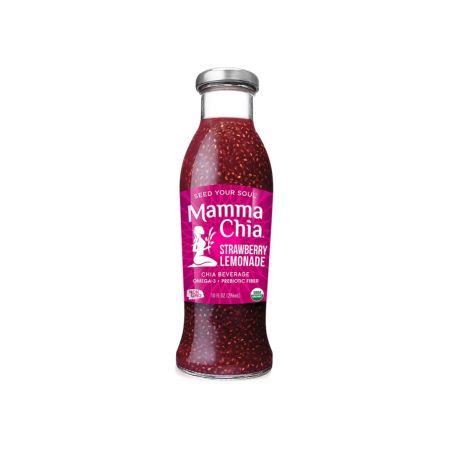
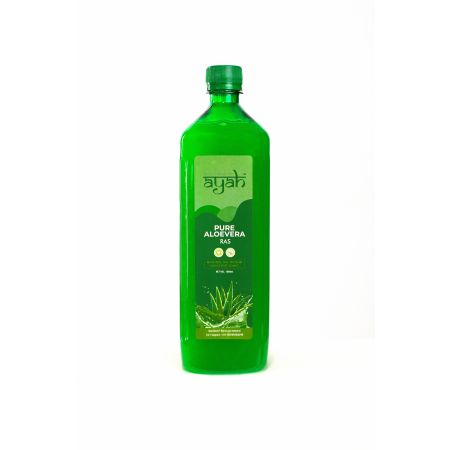

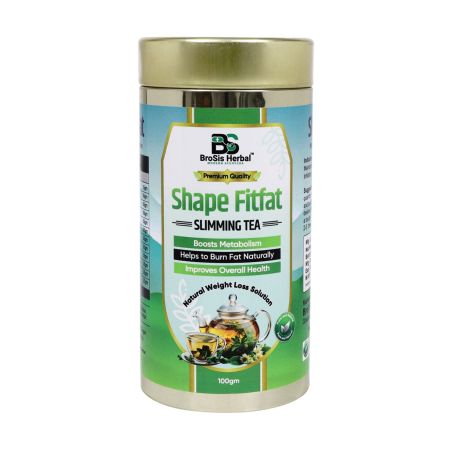
.jpg)
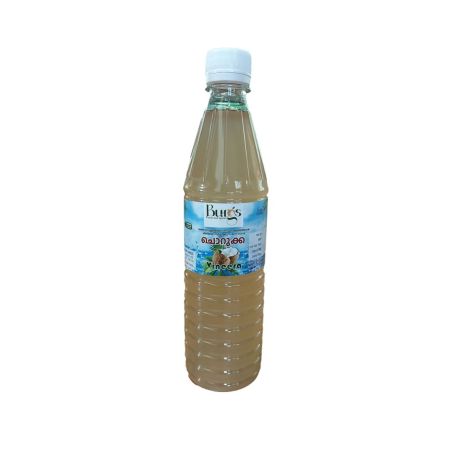

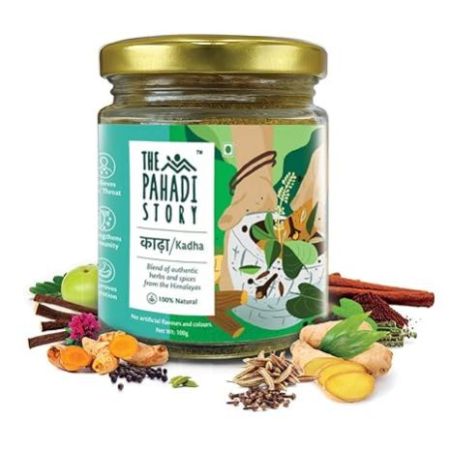
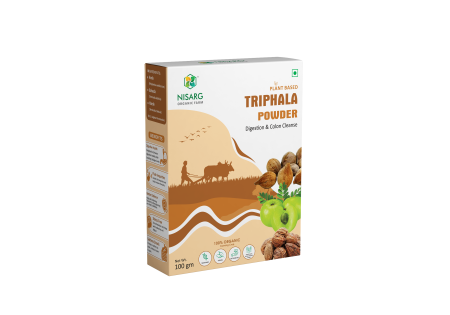
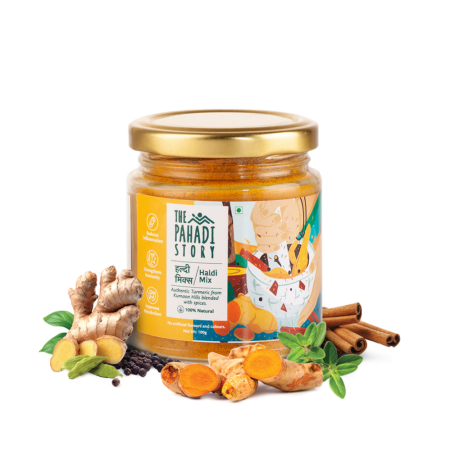
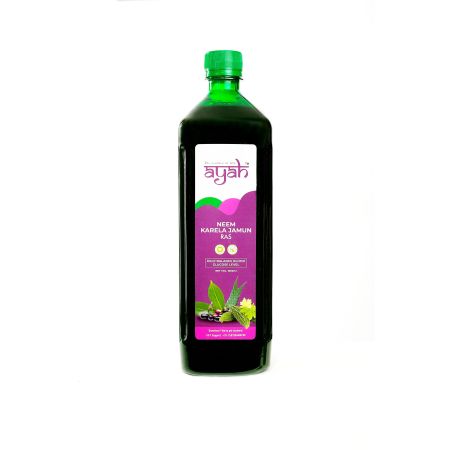




Gitika Chouhan
2025-02-18 16:01:18Fantastic!